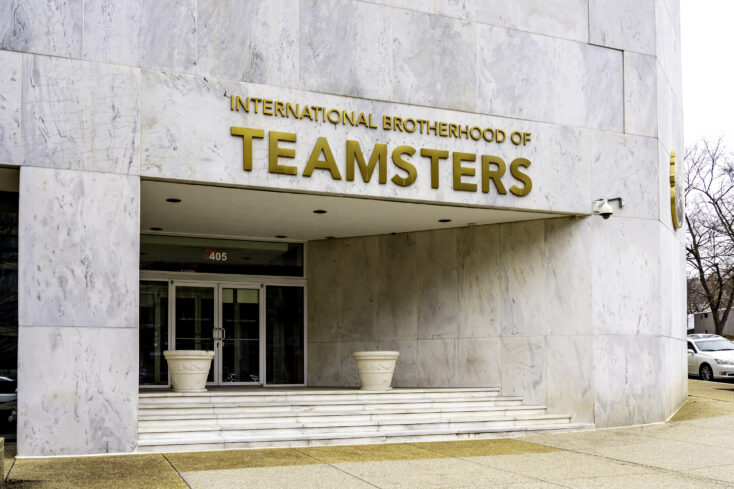Supreme Court Rules Unions can be Liable for Strike Misconduct
In Glacier Northwest, Inc., v. International Brotherhood of Teamsters the Supreme Court recently ruled that employers can seek tort claims against unions who purposefully destroy employer property during labor disputes.
Glacier Northwest is a concrete company in Washington state, and had a collective bargaining agreement (“CBA”) with the International Brotherhood of Teamsters Local Union No. 174 (the “Union”). After the CBA between Glacier and the Union expired, the Union called for a work stoppage on a morning it knew the company was in the midst of mixing substantial amounts of concrete and making deliveries. On the day of the work stoppage, the Union directed its members to deliberately ignore Glacier’s instructions to complete the concrete deliveries in progress, leaving uncured concrete in varying trucks. It is well known that if uncured concrete is not properly handled, it can harden and cause significant damage to trucks and other property. While Glacier was able to take steps to offload concrete from the trucks in question, the offloaded concrete quickly became useless, resulting in financial harm to Glacier.
Glacier initially sued the Union for damages in state court, claiming that the Union intentionally destroyed the company’s concrete and that this conduct amounted to common-law conversion and trespass to chattels. The Union moved to dismiss Glacier’s tort claims on the ground that the National Labor Relations Act (NLRA) preempted them. The Washington trial court dismissed the lawsuit on preemption grounds, and the Washington Supreme Court later affirmed the decision, holding that “the NLRA preempts Glacier’s tort claims” because the loss “was incidental to a strike arguably protected by federal law.”
Strike misconduct has typically been considered protected activity pursuant to the NLRA, and thus generally immune from tort claims. However, in an 8-1 decision, the Supreme Court ruled that The NLRA did not preempt Glacier’s tort claims alleging that the Union intentionally destroyed the company’s property during a labor dispute. The Court found that the Union’s coordinated strategy of deliberately refusing to deliver concrete created both a foreseeable and serious risk to Glacier’s equipment and its concrete, and was deliberately designed to cause such harm. Because the Union failed to “take reasonable precautions to protect” against the foreseeable and imminent danger, such tactics were not considered protected activity and thus, not protected by the NLRA.
The Supreme Court’s ruling makes clear that employers who face intentional destruction of property by Unions, where the Union did not take reasonable precautions to stop such behavior, can seek damages. The issue of what constitutes “reasonable precautions” will likely be litigated in the future, but the Court’s decision brings a sense of relief to employers subjected to strike misconduct.
If you have questions regarding Glacier Northwest, Inc., v. International Brotherhood of Teamsters, contact Jonathan Scandling or any other Frantz Ward Labor & Employment attorney.


